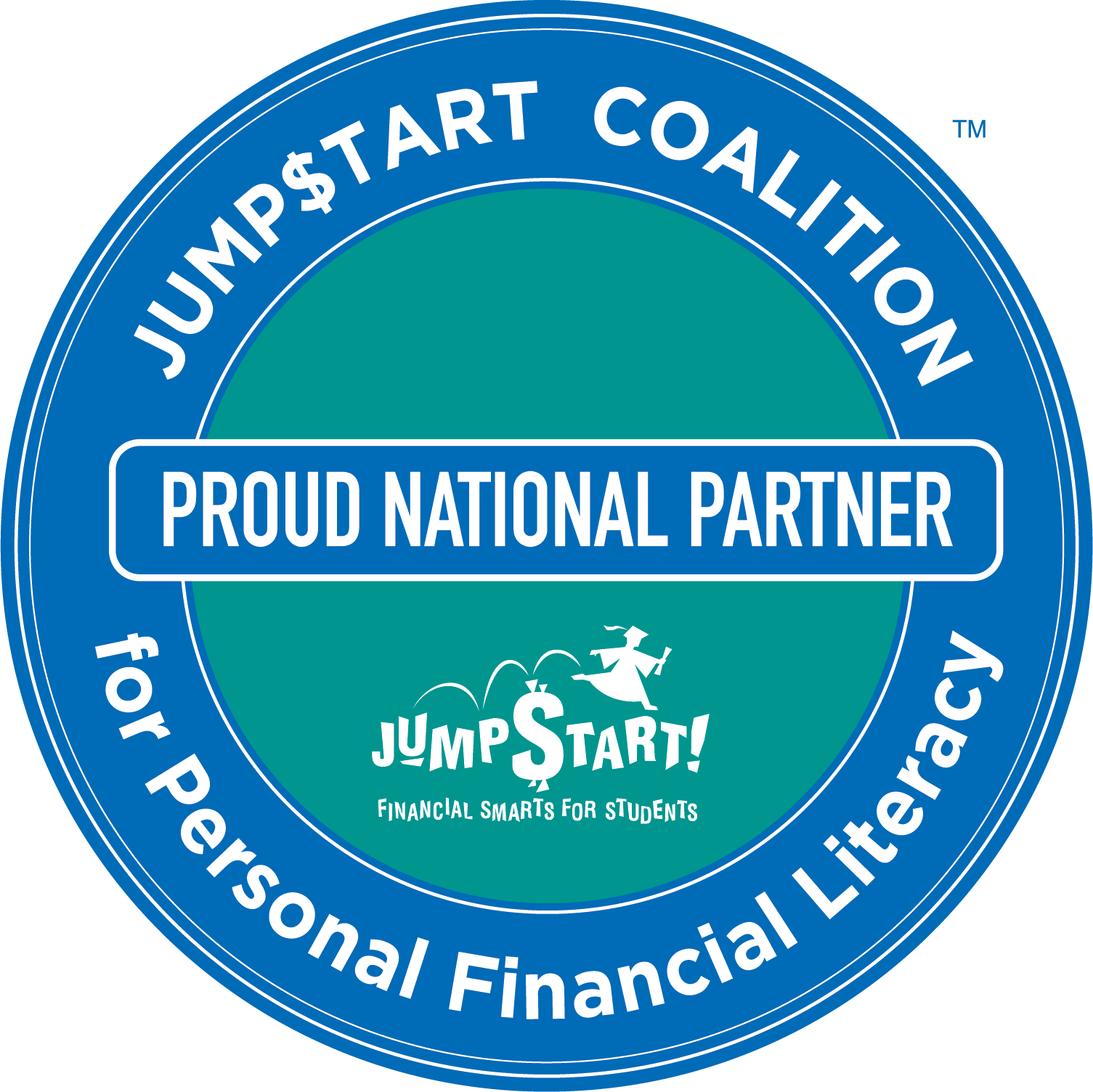Fostering a sense of financial capability in students is no easy feat. But it’s a task that starts like anything else: By building a foundation.
It’s often helpful to think about teaching in the same way that you might think about building a tower out of blocks. You start with a foundation, and build up from there, for instance. You can’t have a top level of the tower without all of the supporting blocks and layers beneath it — much in the same way that you’re not going to understand advanced trigonometry without learning how to add, subtract, multiply, and divide first.
As such, there are some financial building blocks that can help provide a learning framework for young people who are learning about money and finance, and which may also help those teaching it. The Consumer Financial Protection Bureau lays the three out:
- Executive Function
- Financial Habits and Norms
- Financial Knowledge and Decision-Making Skills
Executive Function
The CFPB says that executive function refers to the ability to “plan ahead, remember information, multitask, solve problems, and control impulses.” All in all, it pretty much means that someone is capable of acting like an adult — and that has some obvious correlations with being able to manage and handle money and personal finances.
This is also something that we tend to learn and master over time. Some of us lack in specific areas, naturally, but as we get older, it tends to all come together. There are numerous ways we can teach these skills and foster executive function in the classroom, too. Ultimately, this is the first building block to creating a holistic, grounded sense of financial responsibility.
Financial Habits and Norms
Per the CFPB: “Financial habits and norms are the values, standards, routine practices, and rules to live by that you use to navigate your daily financial activities.” That makes sense, right?
This more or less refers to the creation and development of long-term financial goals. It can’t be overstated how important financial habits and norms are when dealing with money, and the earlier we can instill those, the better. Students are going to be dealing with money their entire lives, and if they know what to do, where to go, and who to talk to about it, they’ll have been served well. But it all starts with developing long-lasting habits related to money.
Financial Knowledge and Decision-Making Skills
Finally, we get to the top of our little tower: The ability to make good decisions based on familiarity with financial topics and concepts. This includes the ability to research — accurately and carefully! — things that students may not understand, and apply what they learn to their actual lives.
Of course, we all fail at this at some point. We make bad decisions. But the ability to know when we make a bad decision, and further, to go back and analyze why we made that decision, is a skill in and of itself. Accordingly, making it a goal to foster the wherewithal to learn and apply financial knowledge related to the financial world is paramount.
Check out the Money Vehicle textbook — you can find it here on Amazon. And if you like what you see, you can get more content sent directly to your inbox! Sign up for the Money Vehicle Movement Newsletter!
And check out our white paper: “Strategies for Increasing Financial Literacy Rates Among High School and College Students”
More from Money Vehicle:









